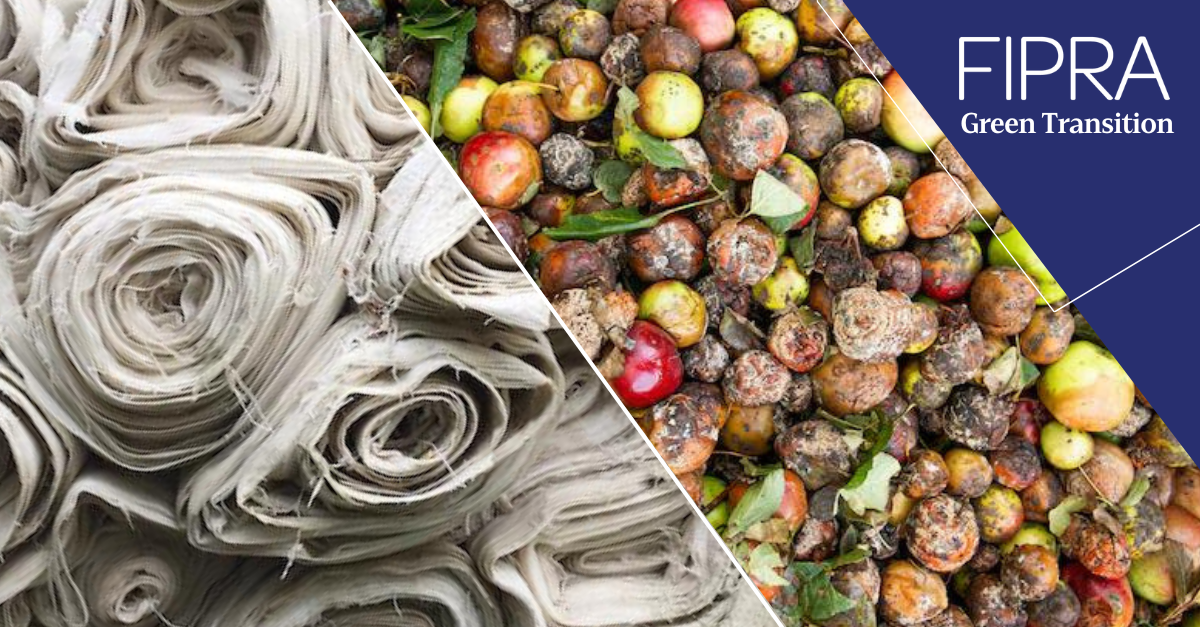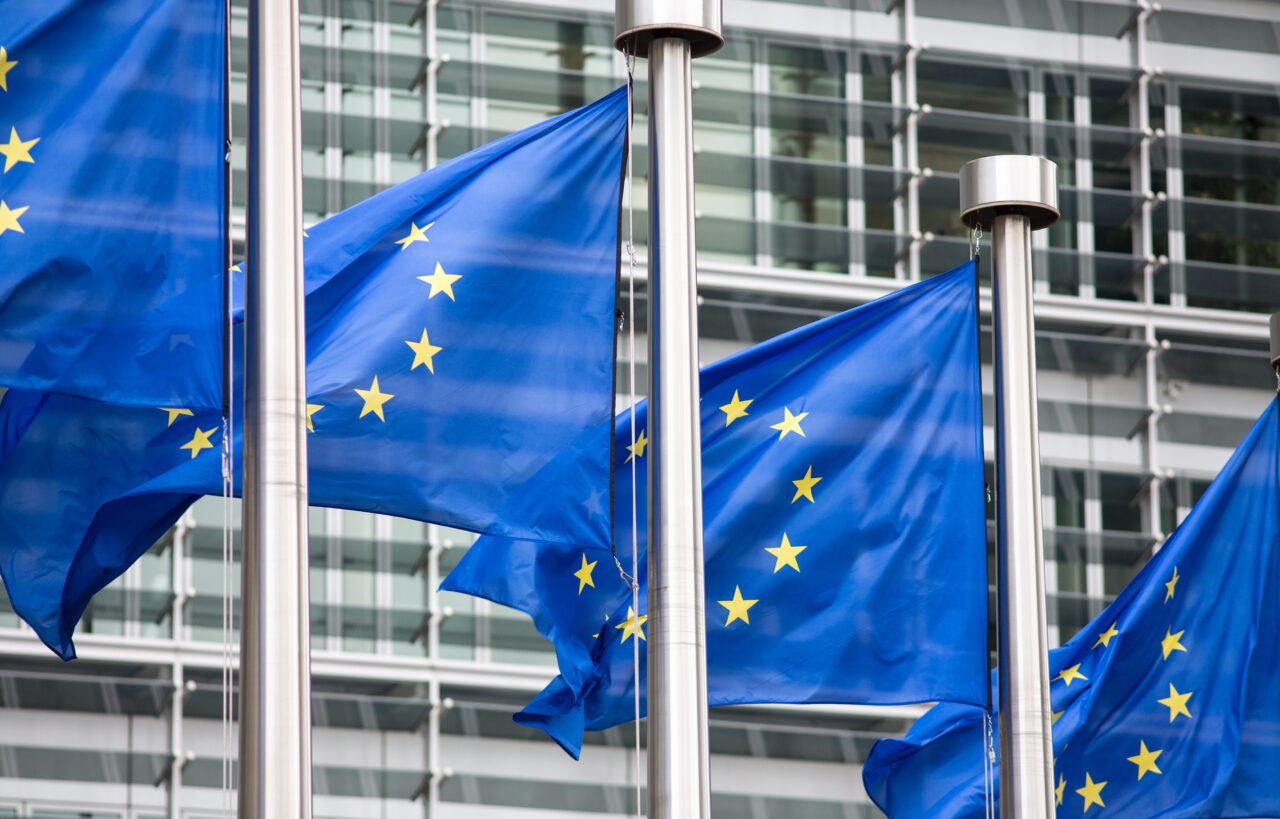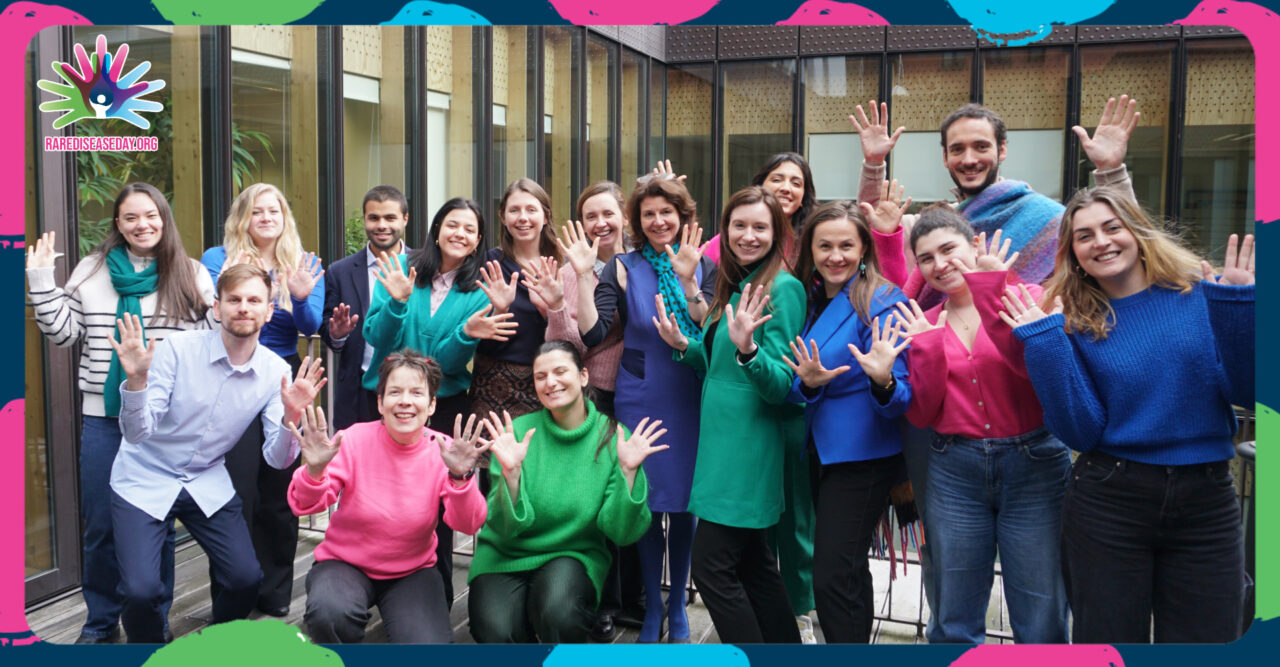policy impact with FIPRA
Regulating textile and food waste: Opportunities for innovative technologies

A FIPRA view on the Commission’s targeted revision of the Waste Framework Directive
The European Commission published earlier this week updated rules for Europe to cope with waste. What might have originally been planned as a complete revamp of a rather dated Directive, turned out to what the Commission called a targeted amendment of the existing rules.
While this Commission’s term is coming to an end in 2024, this latest legislative initiative is another proof of strengthening the European Green Deal agenda. It remains to be seen if this amended proposal will reach consensus among all three institutions before April next year.
In the focus of this proposal are textiles and food, two commodities which are largely responsible for Europe’s ever greater piles of waste, and which can be regarded as testimony of the abundance in which European societies still live.
Regarding textiles and footwear, the proposal calls upon Member States to establish a new system to achieve across Europe a greater circularity, by providing specific rules for collection, sorting, re-use, recycling or other recovery operations. Cost coverage will fall to the producers of such items through EPR schemes, who can then decide to pass those on to the consumer.
For food, the European lawmaker has been less directional, putting up targets in reducing food waste in processing and manufacturing by 10 percent in comparison to 2020 and tasking Member States to take “appropriate measures” to prevent generating food waste along the supply chain. This is pretty standard, one might say.
In our opinion, provisions to incentivise circularity and create something new of added value, – i.e. through the definition of end-of-waste criteria – appear to be missing in the current proposal. Establishing such criteria could provide more certainty and financial security to these emerging industries in Europe. Furthermore, there is no new definition of “bio-waste” and no specifications on what “organic recycling” precisely means. Also, a methodology of Life-Cycle Assessments to determine the sustainability of different recycling approaches would be helpful to include in the final text.
Specifically, for textiles, the Commission will be supporting research and development on the scaling up of “fibre-to-fibre recycling”. It remains to be seen whether this is an indication that the Commission will not be supportive of other, more open-loop recycling.
In the coming months companies should consider presenting their innovative technologies and solutions for these newly regulated waste streams to European and national policymakers.
At FIPRA our consultants specialised in circularity remain available to help you in developing your unique policy proposition.
By Katharina Ossenberg and Gaspard van der Woude


